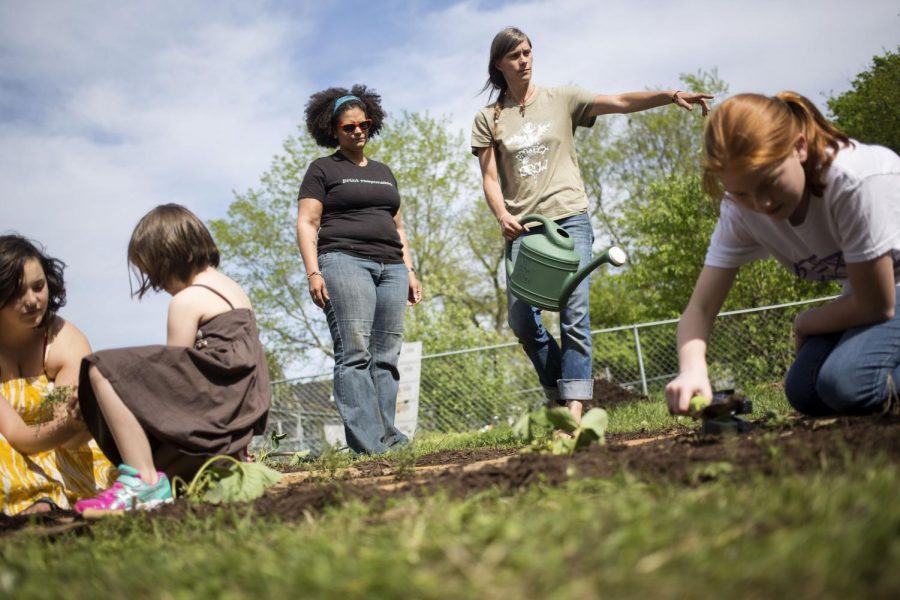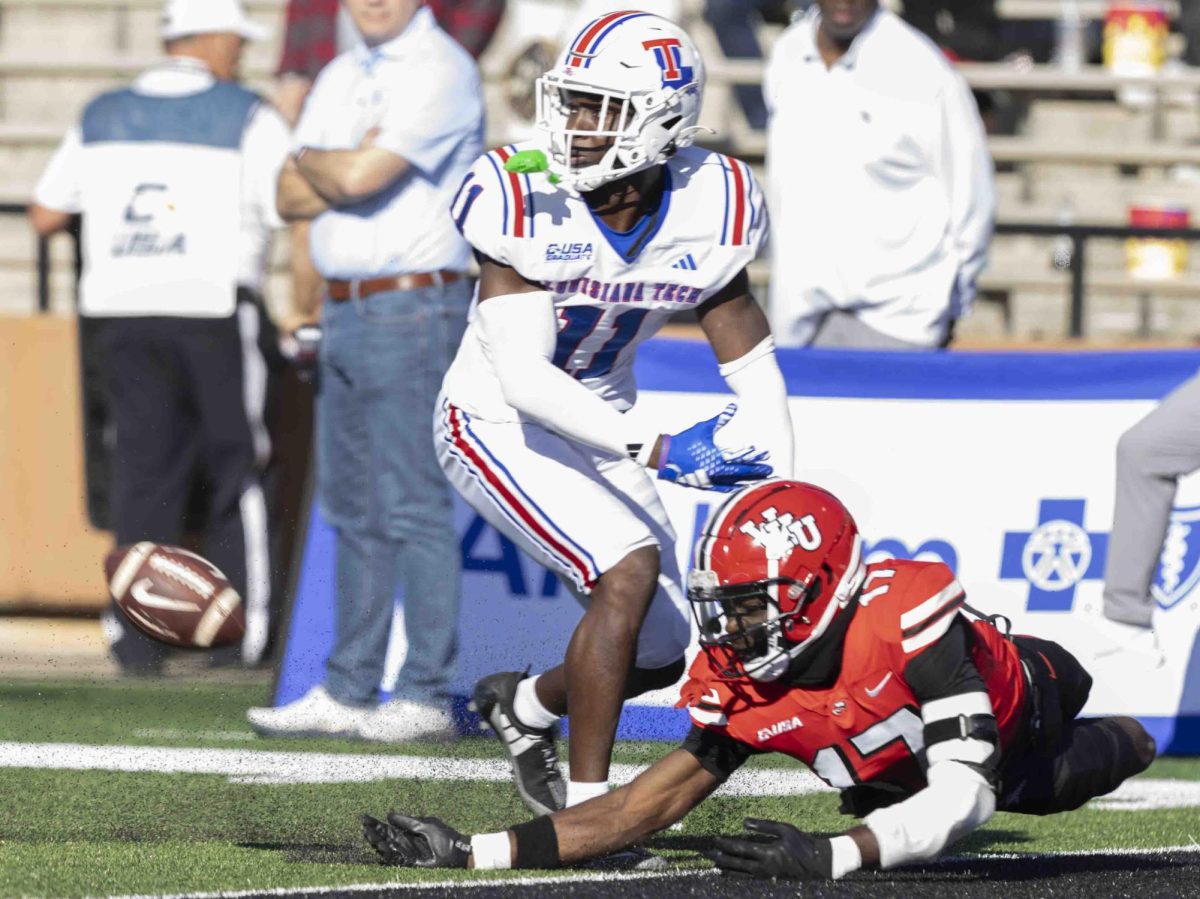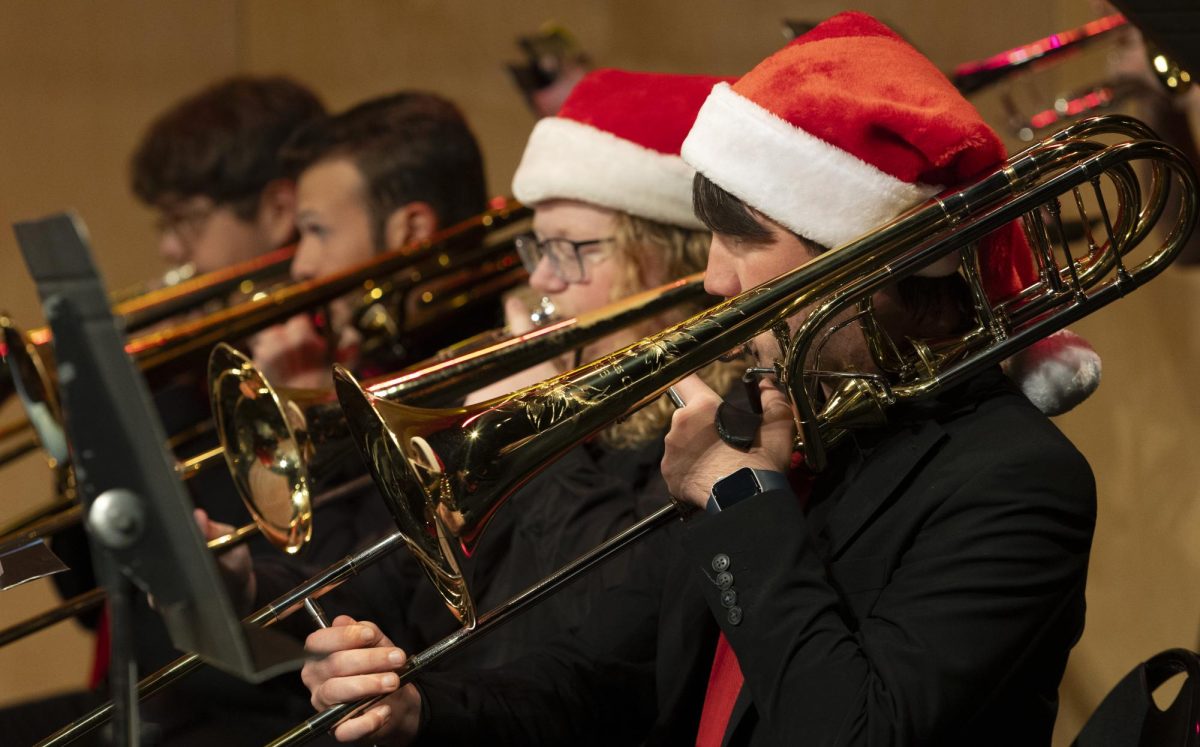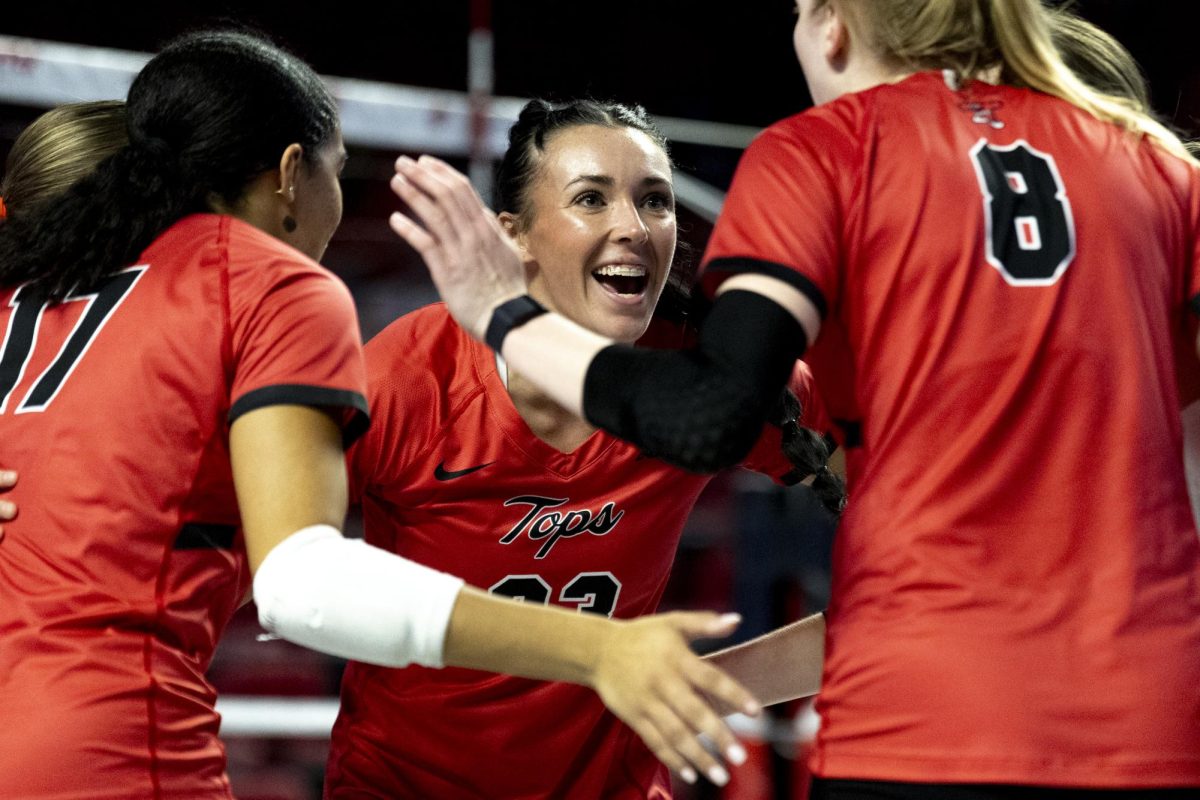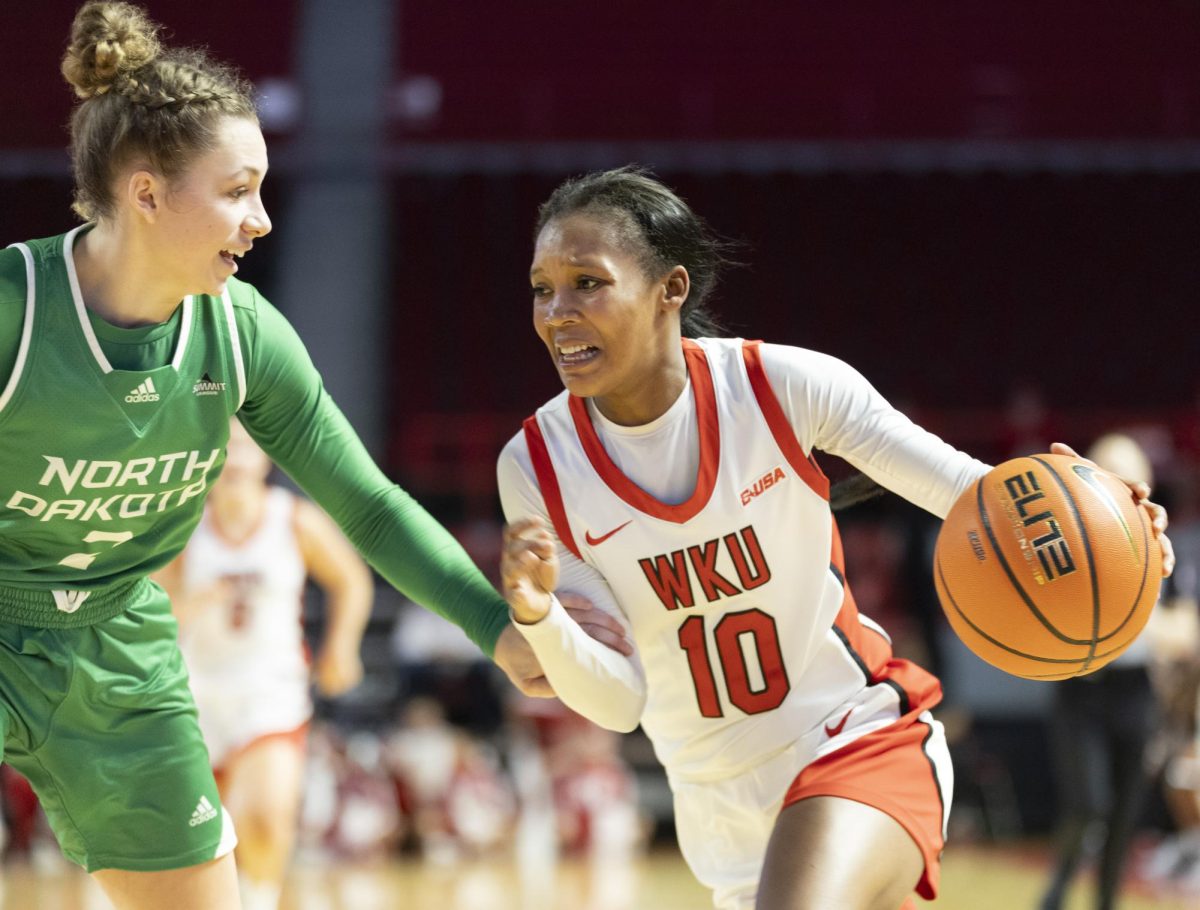WKU receives Green Ribbon Award
June 8, 2015
WKU received its 2015 U.S. Department of Education Green Ribbon Schools Postsecondary Sustainability Award on June 3 in Washington D.C., represented by Sustainability Coordinator Christian Ryan, faculty member Dr. Molly Kerby and recent graduate Beth McGrew.
WKU is one of nine universities recognized by Arne Duncan, the U.S. Secretary of Education as exceeding in three core areas of sustainability: reduced environmental impact and costs; improved health and wellness; and effective environmental and sustainability education.
Ryan, a 2007 WKU alum works on multiple projects at any given time, including energy conservation and efficiency, recycling, waste reduction, working with local food producers, and calculating the universities carbon footprint—which she does every other year.
She took the position of sustainability coordinator in 2008 after graduation, but said can’t take sole credit for the strides the university has made since she took the helm.
“I have a great partner in our energy manager—the man is all about saving some energy,” Ryan said of Dale Dyer, WKU’s Plant Operations Manager. “He and I have been partners from the get-go and we have this understanding where he kind of focus’ on efficiency and I focus on conservation.”
Through Ryan’s collaboration with Dyer in 2008, the university has reduced its energy consumption by roughly 25 percent.
Ryan points to the energy conservation and efficiency practices that WKU has implemented over the past seven years as well as efforts in recycling and composting as the main sources that fill the first pillar of the Green Ribbon Award.
When filling the health pillar of the award, Ryan said the U.S. Department of education was most impressed with the relationship WKU holds with the local farmers markets, the student wellness program, and the wellU program.
“So there are a bunch of different points that go back to health, but a lot of times these practices cross over,” Ryan said. “For instance, all of our cleaning supplies that we use on campus are green. Every building that is being built on campus in LEED approved… these things point to reduced environmental impacts and costs but also point to wellness—you can see how these things cross over.”
The third pillar of the award, which dealt with the education of sustainability, could be accounted for by various WKU projects and entities.
“We just have so much going on in the way of education,” Ryan said. “We have honors thesis’ in which students are using the campus as a living laboratory. We have students helping with climate action planning. This partnership that we have with Iceland now with climate change research— we have a master’s degree in sustainable communities and social responsibility—we are the only (university) in Kentucky (with that master’s degree).”
Above anything, Ryan asserted that it is the students, not the faculty in staff that are invoking these changes.
“It is important to note that if students didn’t want these things… if students didn’t want sustainability education, if they didn’t want these research projects, if they didn’t want us to have this better recycling and local food, then none of these things would be happening,” Ryan said. “Students are the voice that is really driving this change.”
Dr. Molly Kerby accompanied Ryan and McGrew to receive the award.
Ryan said Dr. Kerby has been incorporating sustainability into her classes since before it became of major interest to students.
“Because she has been teaching sustainability so naturally for so long, she just seemed like an excellent person to represent that ‘pillar’ of the Green Ribbon Award. A lot of professors have slowly been adding aspects of sustainability into their courses as they learn more about it or become more aware, but Molly has been doing it from the get-go.”
The student (recent graduate) representative from WKU present to receive the award was Beth McGrew, who graduated this past May.
“Beth McGrew is just one of those students that pushes and pushes and pushes for sustainability on this campus, and she does so in a very proactive way,” Ryan said. “She doesn’t just say ‘wouldn’t it be great if we didn’t have plastic bags on campus anymore?’ Instead she comes up with a solution: ‘what if we did this and this and then we would have to have them on campus anymore.
“She is one of the students that doesn’t just want to see it happen—she wants to be part of the change.”

